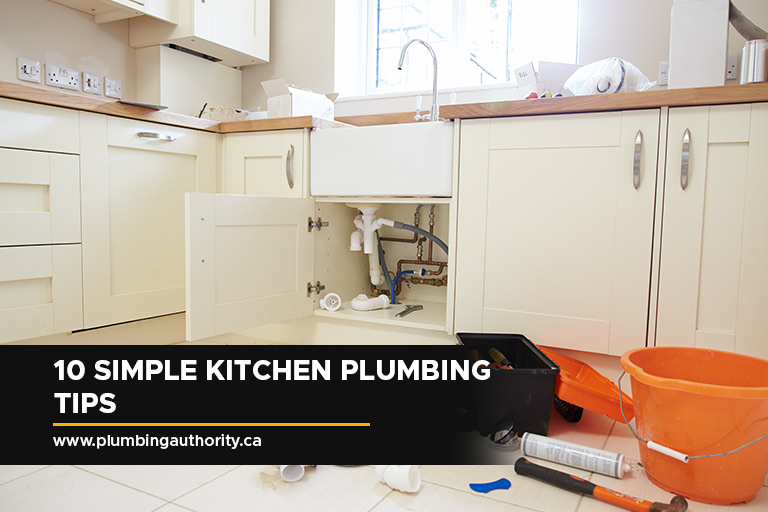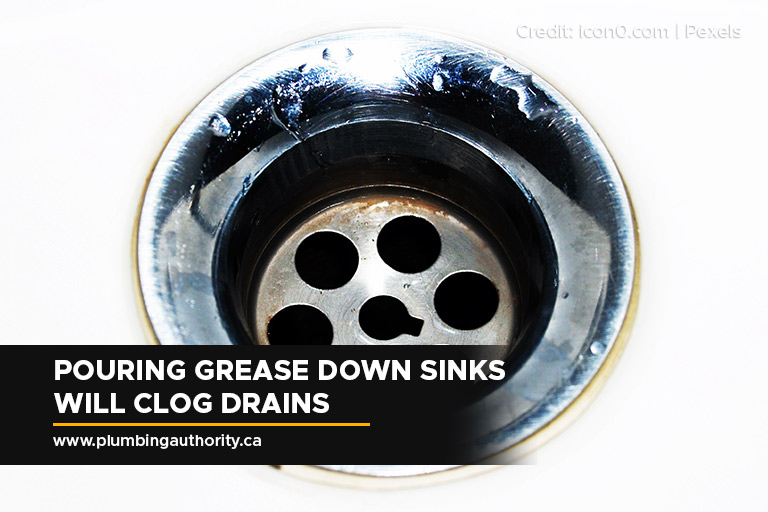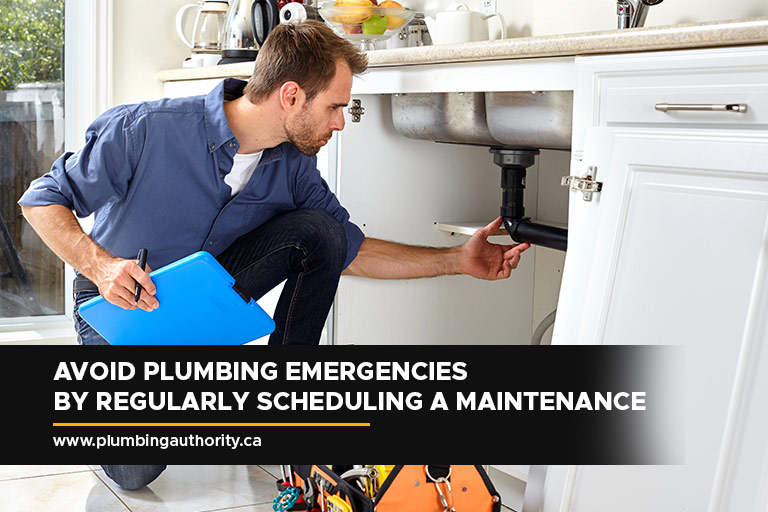
A place for cooking dishes, cleaning fresh produce, and washing houseware, your kitchen is an integral part of your home life. One of the crucial elements that allow your kitchen to be efficient is its plumbing. Kitchen pipes are more than just the tubes that carry out waste and bring in water to your home.
If your plumbing system fails to function, it could set you back on dozens of chores and luxuries that you should normally enjoy. This is why you must know how to take care of your kitchen plumbing system.
The first step in plumbing repair is to acknowledge the root of the problem. From there, you can then learn how to remedy the issue and prevent it from happening in the future. For you to become a more responsible homeowner here are some must-know kitchen plumbing tips for you:
- Learn how to turn off the main line
During major leaks and flooding emergencies, knowing how to turn off the main water line is a very important step. This way, the water flow will be halted right away, and prevent you from incurring expensive water bills.
It will also prevent the mess from worsening. However, finding the mainline is sometimes tricky if you are not the original owner of the property.
If you don’t know where the main line valve has been installed, make sure to check the property blueprints and outline them so you will know right away where to go during water damage emergencies. Once found, check if you can easily turn the main valve on and off because some valves can get stuck over time.
- Check exposed plumbing regularly
One of the major issues that regular kitchen pipes often face is rust. Since it’s exposed to moisture and oxygen all the time, as the years pass, these exposed pipes could become corroded.
By conducting regular preventive maintenance check-ups, you’ll have a better chance of spotting these rusty pipes. When you do, they should be replaced right away with anti-corrosive alternatives so you can prevent them from happening again.
You don’t need a plumber to know which pipes are rusty, but to know what to do with the exposed pipes once found, you’ll need professional advice on whether to cover or replace them.
- Assess the water pressure
Normal water pressure for your plumbing is around 40 to 50 psi. If it goes beyond that, your kitchen is in danger of leaking, major pipe bursts, and flooding damage. To prevent this, you should adjust the pressure right away by tightening the main water valve.
However, if the pressure is too low, your pipes won’t be able to deliver the same amount of water efficiency as they used to. To determine what your current water pressure is you can always use a pressure gauge. However, if you don’t know how to do this, call in plumbing experts to help you.
- Insulate exposed plumbing
Insulation for your plumbing during the cold winter months is crucial. Since water tends to expand when it freezes, it could lead to your pipes bursting or leaking.
A broken pipe needs costly repairs and is much harder to deal with. To prevent any kitchen interruptions during winter, make sure to insulate all your exposed plumbing with rubber or foam. To deal with this, call up your local plumbing and drain service company for help.
- Never use drain cleaners frequently
Drain cleaners may seem like the best solution for cleaning out any slow water-draining sinks. However, these commercial products often include highly corrosive chemicals that will eventually damage your pipes in the long run and can even harm you.
This could lead to acid-induced leakages and bursts, which are harder to notice because the damage will start gradually. If you want to clean or unclog your drain, use a drain snake instead. If you don’t know how to use one, you can always call in expert drain repair services for help.
- Use the garbage disposal properly
Garbage disposals are designed to handle heavy-duty wastes and chemicals. However, one should not abuse its capabilities, just because it can handle garbage.
To ensure that your garbage disposal system is in good condition, clean it regularly with some baking soda and white vinegar to flush out the grease and food particles that have accumulated.
How do you know if your garbage disposal has had enough? If it produces a foul smell or you can hear a humming sound, it’s probably in need of plumbing services.
- Never pour anything down the drain

Pouring grease down sinks will clog drains
Grease and water do not mix, especially inside plumbing. Instead of pouring your used oils down the drain, make sure to throw them outside instead. This way you can prevent the fat from emulsifying in your pipes and causing a blockage, which could result in leaks and pipe bursts.
- Clear drains for build-up
Unclogging your drains is a simple matter. However, if the build-up of waste has been too much, then you’ll probably need an expert plumber to do it. One way to ensure that your pipes are never in need of intense cleaning is by clearing them regularly every week. This way, no build-up will form and you can save money.
- Check for leaks
The tiniest leaks in your kitchen’s plumbing can put the entire system at risk. Make sure to conduct a regular inspection of the pipes and call an expert right away if you ever find leaks to prevent them from becoming a major issue.
- Schedule for regular maintenance

Avoid plumbing emergencies by regularly scheduling a maintenance
Calling expert plumbing services at least once a year is the best way to become a responsible homeowner. By investing in your kitchen’s maintenance, not only will you ensure its long-term efficiency, but you will also save money from having major repairs.
Plumbing maintenance can be quite challenging, especially if you’re a beginner, which is why it’s always advisable to hire an expert plumber first for first-time repairs and check-ups. With this guide, you’ll have a clear idea of how to take care of your kitchen’s plumbing on your own.
Your kitchen area is a crucial place of convenience and necessity, so make sure to take care of it. When in need of expert kitchen plumbing services turn to Plumbing Authority Inc. We are available 24/7. Call us now at (647) 992-7473 (PIPE) for emergencies and free on-site estimates.




